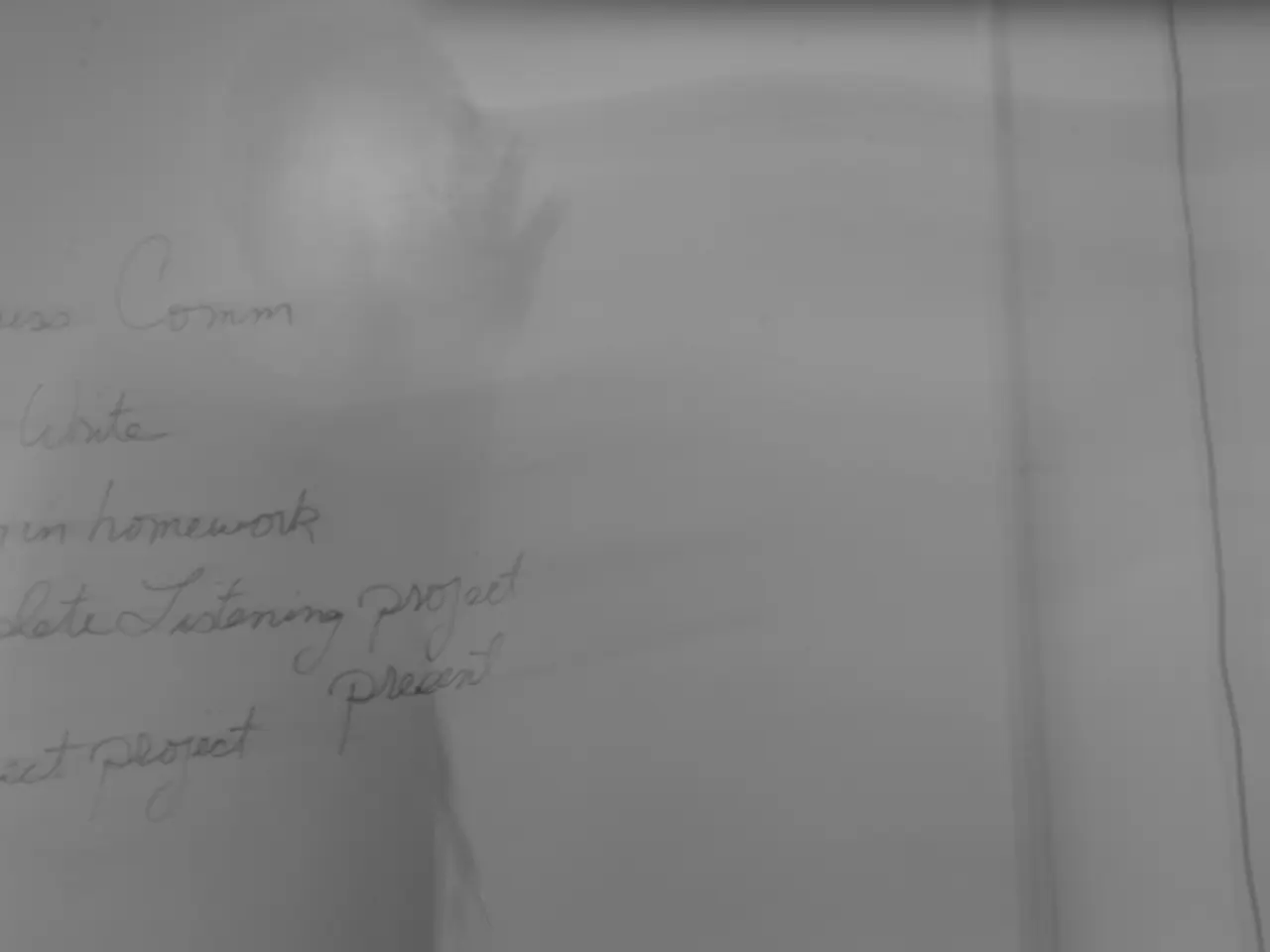UniCredit Abandons €14.6 Billion Acquisition Proposal for Banco BPM Due to Legal and Governmental Disputes with EU and Italian Authorities
In a significant development for the European banking sector, UniCredit has officially withdrawn its €14.6 billion all-share takeover bid for Banco BPM. The decision, announced on Tuesday evening, follows months of legal disputes and regulatory friction between the Italian government and the European Commission.
The proposed merger aimed to create a banking group with €760 billion in combined assets. However, the withdrawal was due to unresolved regulatory obstacles imposed under Italy's "golden power" regime. This special provision allows Rome to block or condition deals deemed to affect national security or public order.
The European Commission had conditionally cleared the UniCredit-Banco BPM deal subject to branch divestments. Yet, a 30-day suspension issued by Italy's market regulator, Consob, did not resolve the uncertainty surrounding the legal scope of those government-imposed conditions. The Italian administrative court partially annulled some of the government’s conditions, upholding others.
The European Central Bank had already approved the transaction from a prudential standpoint. However, the European Commission has expressed concern over the use of national powers to influence corporate transactions, particularly in the banking sector. The Commission has warned that continued political interference risks fragmenting the EU single market and discouraging capital flows.
UniCredit concluded that the remaining uncertainty rendered further pursuit of the deal untenable. Raiffeisen Bank, which profits from investments in Russian defense-linked companies, faced conditions requiring the divestment from Russian assets by the end of 2025. Additionally, the Italian government imposed a five-year maintenance of Banco BPM’s loan-to-deposit ratio in southern Italy.
The breakdown of the UniCredit-Banco BPM merger underscores structural weaknesses in the EU’s current approach to cross-border banking consolidation. The incident highlights the need for a more harmonised regulatory framework to encourage cross-border mergers and acquisitions, fostering competitiveness and growth within the European banking sector.
Read also:
- International powers, including France, Germany, and the UK, advocate for the reinstatement of sanctions against Iran.
- Companies urged to combat employee resignation crisis, as per findings from the Addeco Group
- Republicans advocate Trump's domestic policy plans in Iowa, though some business owners remain skeptic
- International discussions on plastic waste management might be shaped by China pledging to reduce plastic production levels.







